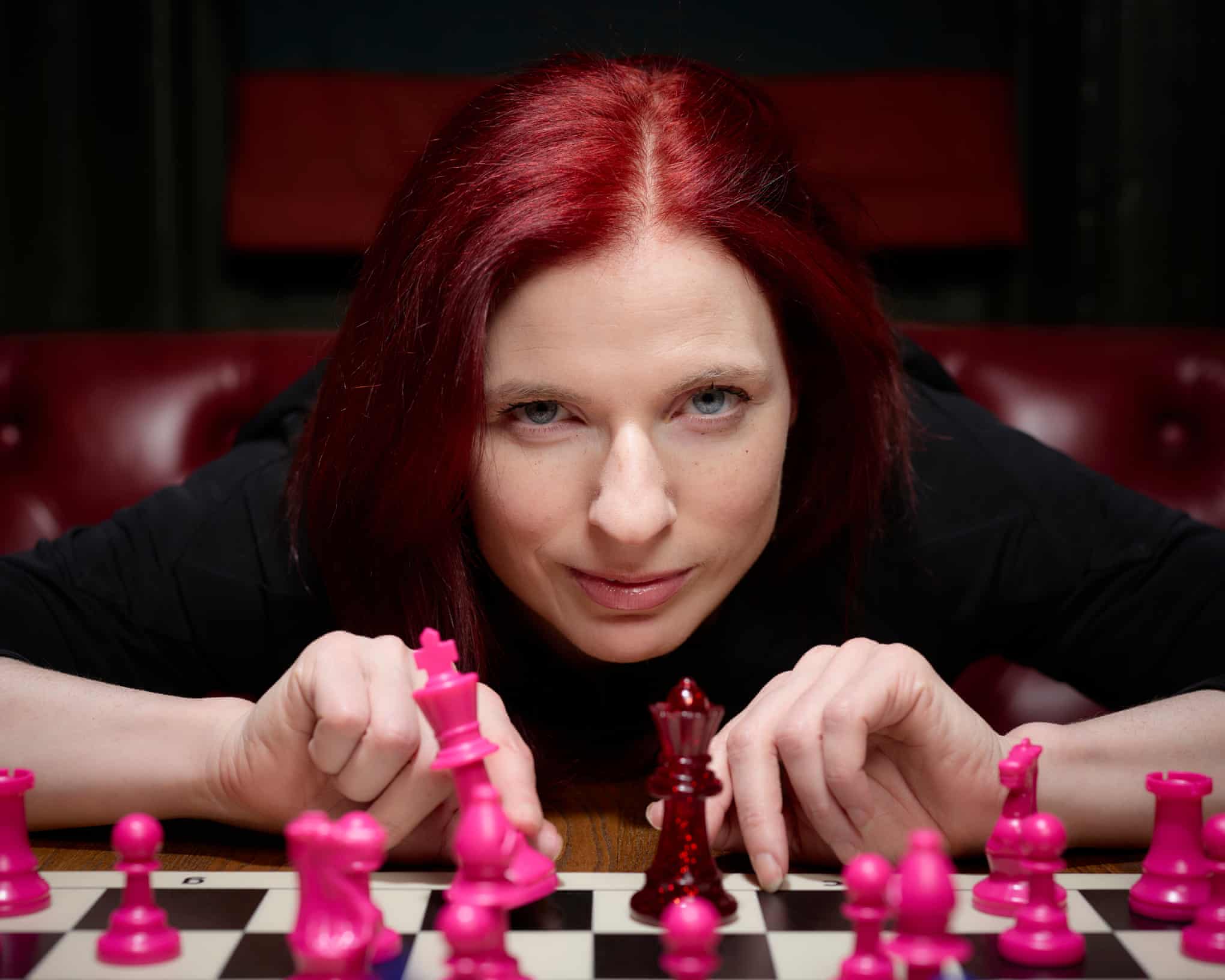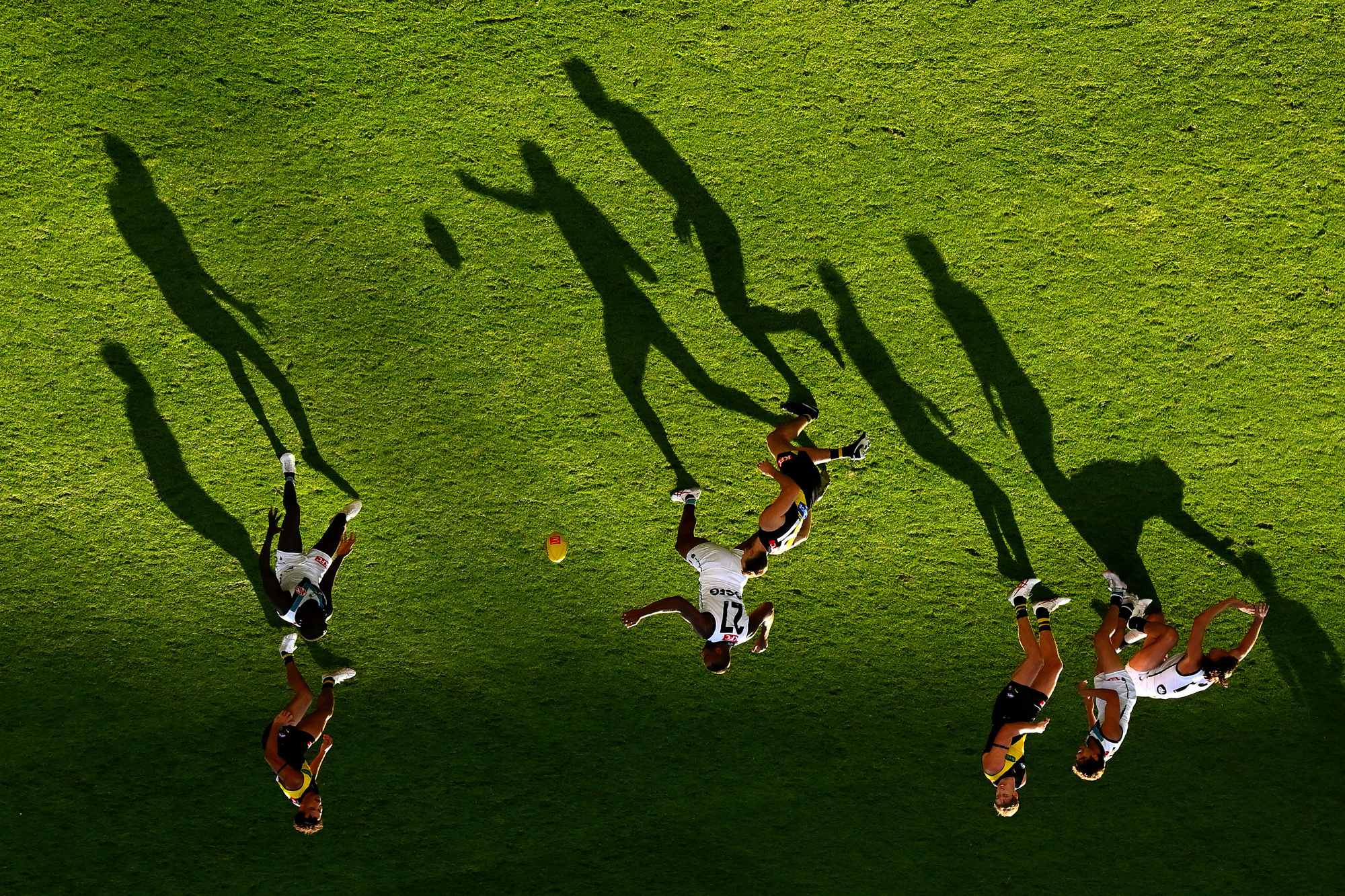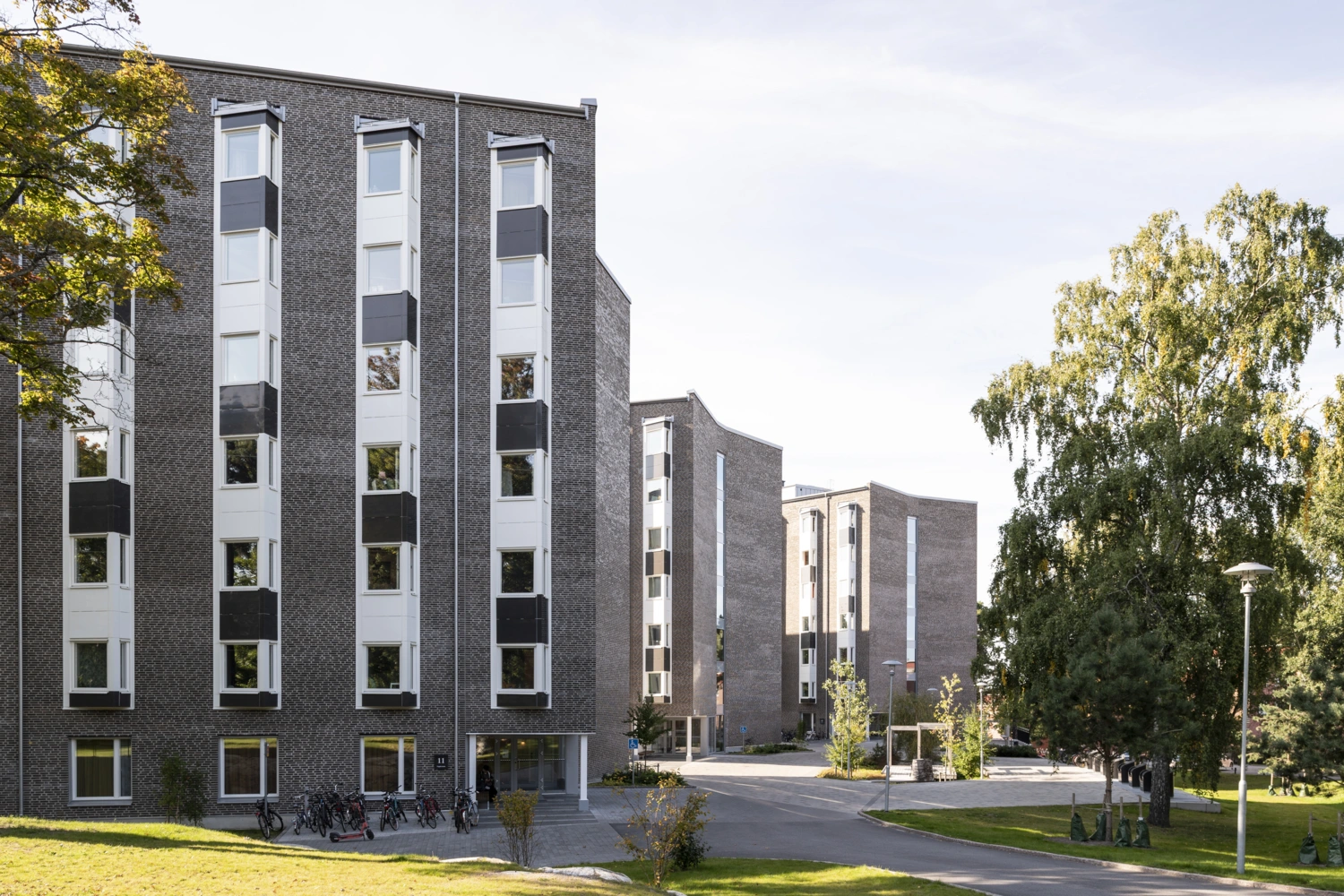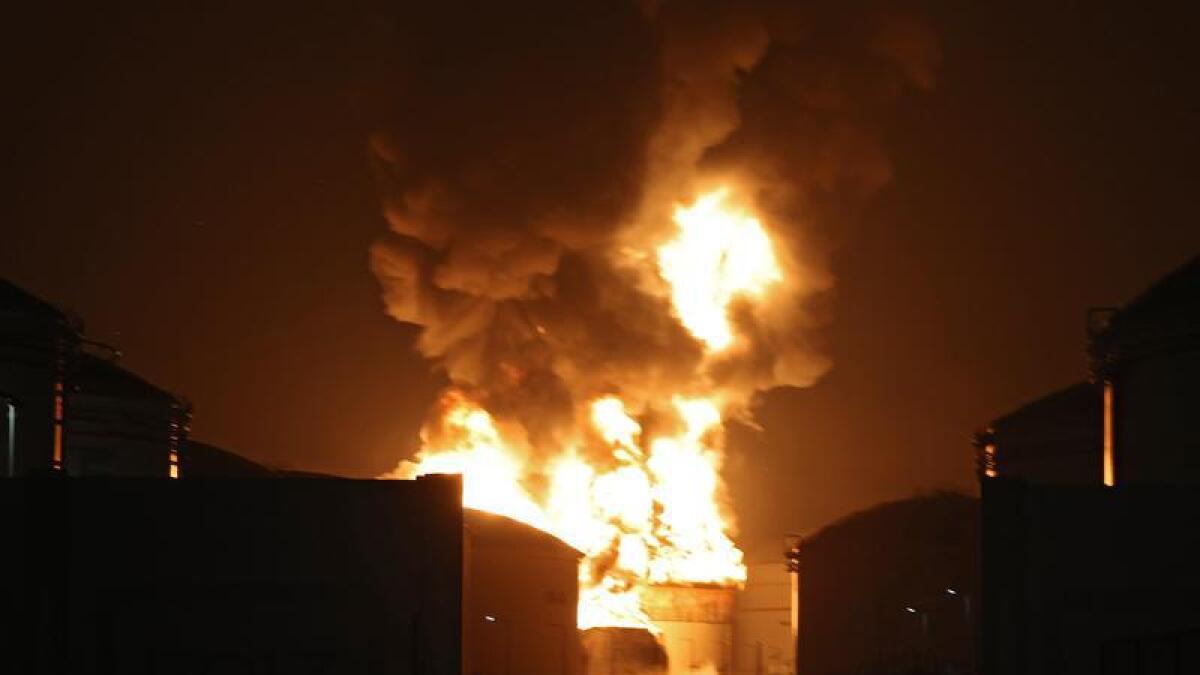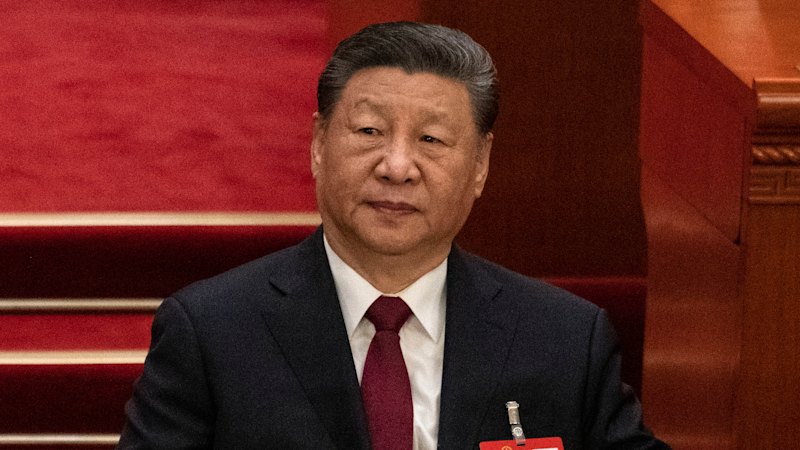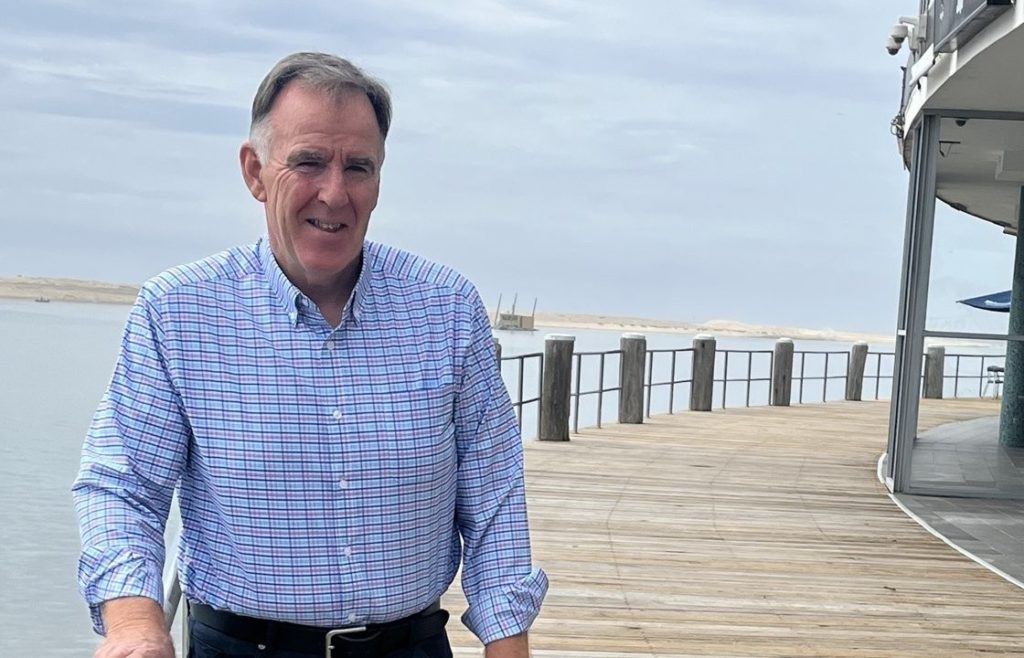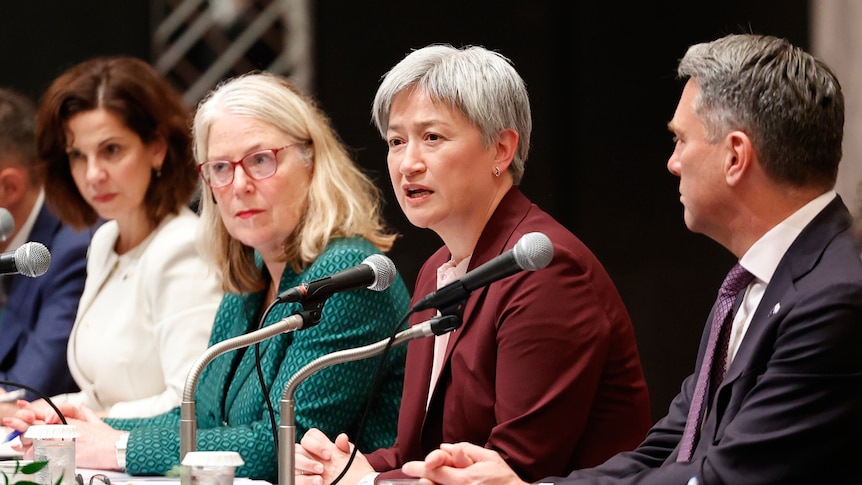
Penny Wong, Australia’s Foreign Minister, has advised former Victorian Premier Daniel Andrews to be “mindful” of the implications of his attendance at a large military parade in Beijing earlier this week. This event commemorated the defeat of Japan in World War II and featured several prominent authoritarian leaders, including Russian President Vladimir Putin and North Korean leader Kim Jong Un.
The opposition Coalition has strongly criticized Mr. Andrews for participating in the parade, asserting that his presence lent credibility to China’s efforts to portray the spectacle as a legitimate international event. They have called on Prime Minister Anthony Albanese to publicly denounce Mr. Andrews’ attendance, emphasizing the potential diplomatic repercussions.
When asked about the situation, Ms. Wong refrained from directly criticizing the former premier. Instead, she stressed the importance of being “mindful” about the messages conveyed by attending such events. “Obviously, I speak for Australia and the Australian government; I don’t speak for private individuals,” she noted. “But I think, I hope, that we all should be mindful of the message that our presence and engagement sends.”
Australia’s diplomatic stance was highlighted by the decision not to send any politicians or even its ambassador to the parade, contrasting sharply with the previous anniversary parade in 2015, which saw a minister from the Coalition government in attendance. Ms. Wong emphasized, “Australia made a decision to be represented at the embassy staff level.”
Military Concerns and Strategic Partnerships
Ms. Wong made these comments alongside Defence Minister Richard Marles in Tokyo, following the annual 2+2 meeting with their Japanese counterparts. Both Australia and Japan have expressed deep concern over China’s rapid military expansion and closely monitored the recent parade. Mr. Marles described it as a “very significant display of Chinese military capability,” underscoring the growing cooperation between China, Russia, and North Korea. He characterized this development as indicative of the “complex strategic landscape” that the Australian government has been addressing since taking office.
To strengthen its regional security, Australia is actively building closer ties with partners like Japan and accelerating efforts to modernize its defence forces. Mr. Marles stated, “Our interest lies in ensuring that we are firstly asserting the rules-based order and secondly, making our contribution to the peace and stability of the region in which we live.”
The high-level meeting in Tokyo occurred just a month after Australia announced a substantial investment of $10 billion in acquiring Japanese-made Mogami-class frigates. This deal represents the largest defence agreement for Japan, which has historically focused on exporting defence equipment rather than platforms like tanks, fighter jets, or warships. Mr. Marles indicated that the contract for the warships would be finalized early next year, with a commitment from both nations to expedite negotiations.
The initial three Mogami frigates will be constructed in Japan to ensure prompt delivery, while the remaining eight will be assembled in Australia. Mr. Marles emphasized that the choice of the Mogami frigate was primarily due to its compatibility with the Australian navy, noting that this acquisition would further enhance the strategic partnership between Australia and Japan.
As diplomatic tensions continue to rise in the region, the developments surrounding Mr. Andrews’ attendance at the Beijing parade and Australia’s military collaborations underline the intricate balance of international relations and security strategies.
